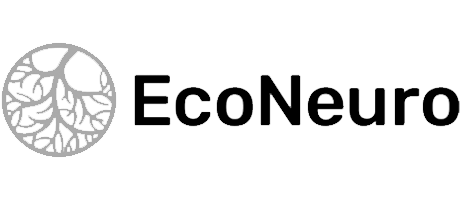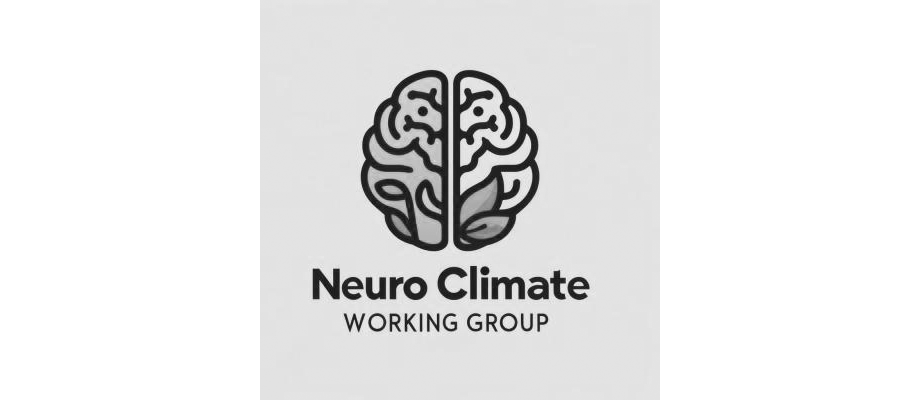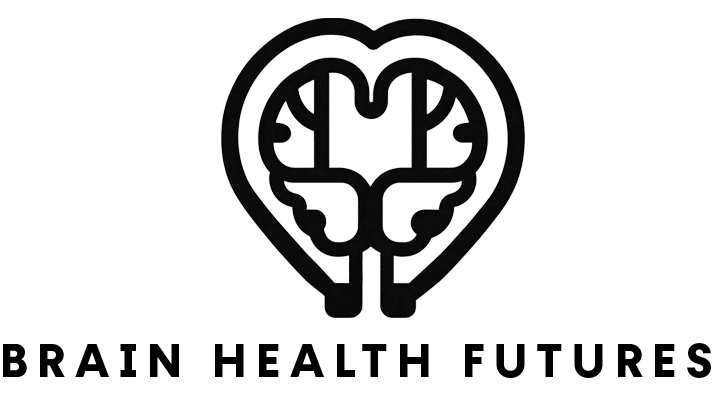


In a world increasingly shaped by complexity, crisis, and compounding stressors, the health of our brains has become a defining frontier for public health, economic resilience, and societal well-being.
The growing burden of neurodegenerative and mental health disorders is a present, pressing challenge, silently eroding the cognitive strength of our communities, our institutions, and our future.
This November in Melbourne, the inaugural Brain Health Futures Summit will introduce a dynamic, trans-disciplinary gathering of leaders in neuroscience, mental health, public policy, performance optimisation, environmental design, AI, and planetary health.
This is not just a conference. It’s a launchpad for the next generation of brain capital innovation.


This summit builds on a growing recognition that brain health is central to individual and collective resilience in an era of compounding crises - from climate anxiety and economic instability to cognitive overload and disinformation.
Connecting into the work of the World Economic Forum's Brain Economy Action Forum, we are calling for a trans-disciplinary response - one that elevates brain capital as a core pillar of future-ready communities and economies.
Mental and neurodegenerative conditions are the fastest-growing global health burden. The ways we work, live, and govern are all under strain, and our brains are feeling it. This summit will highlight leading-edge solutions and activate a new community of practice to explore how we build lifelong mental resilience and optimise brain health at scale.
With chronic stress now recognised as one of the most urgent and under-addressed health risks of our time, the Brain Health Futures Summit will spark vital new dialogues and collaborations. From pioneering approaches in stress mitigation and community-based mental wealth initiatives to technology management strategies that promote cognitive balance, the summit will showcase bold solutions at the nexus of innovation and wellbeing.
Whether through public policy initiatives, AI-enabled tools for mental resilience, environments designed for emotional regulation, or systems that integrate brain health into everyday infrastructure - this is where transformative ideas confront the realities of a world under pressure.

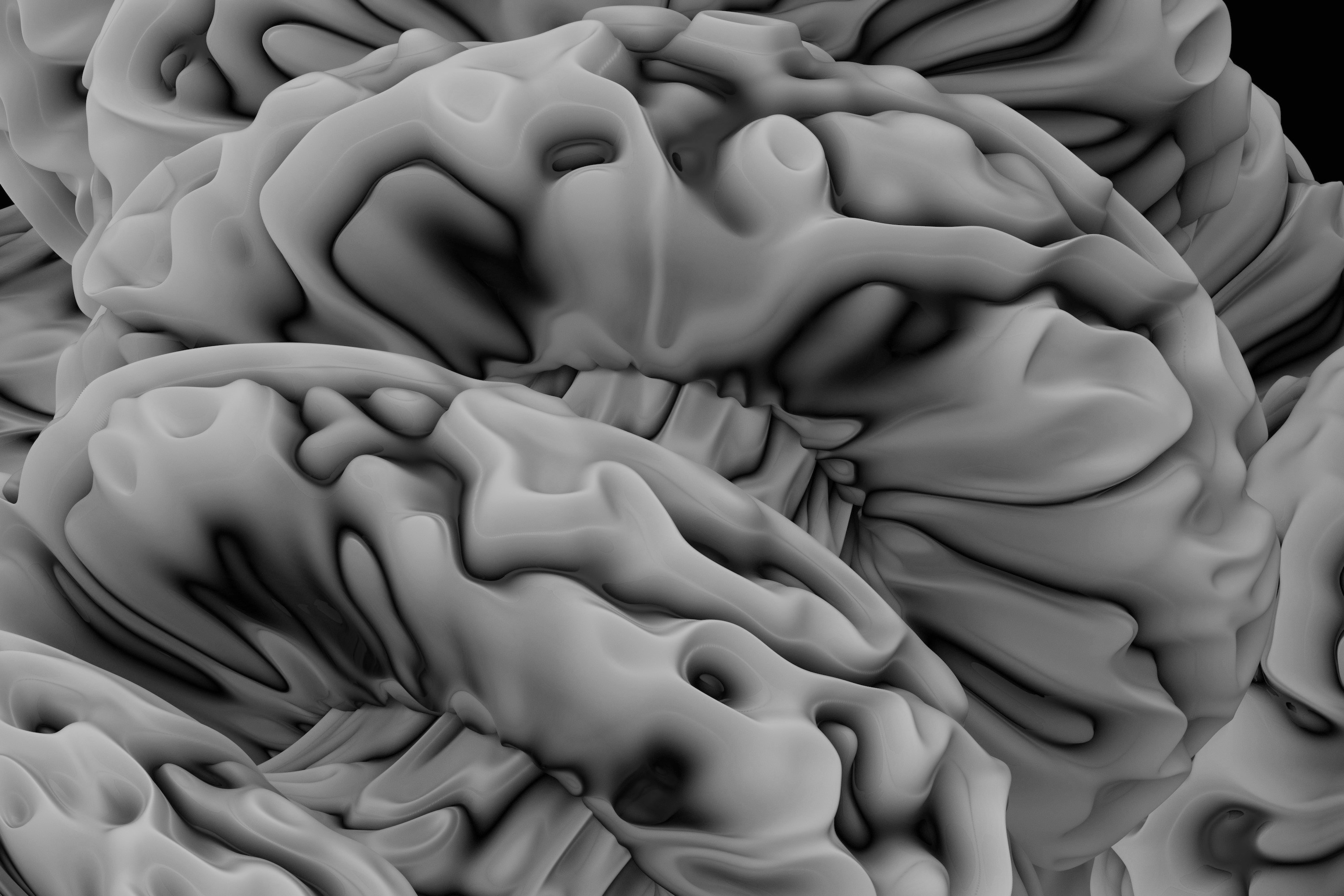
Building on the momentum of the Brain Health House launched at Davos in March 2025 - alongside global leaders such as the Davos Alzheimer’s Collaborative, McKinsey Health Institute, and JLL’s pioneering Cognitive Experience Design lab - the Brain Health Futures Summit brings global ambition into sharp local focus.
With Australia’s world-class leadership in neuroscience, public health, and place-based innovation, the Summit positions this country as a launchpad for the next generation of brain capital strategy and cognitive resilience.
The Summit will:
* Unpack the social and economic cost of declining brain health, and spotlight the untapped potential of brain capital investment
* Showcase global breakthroughs in stress mitigation, mental resilience, and neuro-performance across workplaces and communities
* Explore ethical, human-centred approaches to brain-enhancing technologies in a time of AI acceleration, digital saturation, and disinformation
* Provide a platform for visionary public health strategy, speculative design, and future-focused cognitive infrastructure
* Examine how climate stress, crisis, and uncertainty are reshaping brain health—and what adaptive systems are needed
* Identify the policy, medical, design, and technology levers that support social cohesion and position brain health as a national priority
We invite leaders across policy, health, design, innovation, and organisational life to join us.
Whether you’re a public servant shaping systems, a health professional responding to rising stress, a designer building environments for human flourishing, or a leader guiding teams through complexity and transformation, this is your moment to be part of an exciting multi-disciplinary conversation.
Join us in Melbourne this November and help shape the future of brain health.


Jones Lang LaSalle (JLL) believes in the power of real estate to shape a better world.
For more than 200 years, their global reach and deep industry expertise have driven an innovative, intelligent and sustainable approach to creating environments where people and communities can thrive.
Now, through the use of AI-driven solutions, data-informed design and strategic collaboration, JLL continues to explore a brighter way. They are helping organisations harness the workplace and the built environment as a catalyst for wellbeing, productivity and inclusion.
As a partner in the Brain Health Futures Summit, JLL brings this commitment to innovation to the conversation on how our workplaces, homes and cities influence cognitive health and collective resilience.
By incorporatig technology, collaboration and sustainability, JLL’s work with clients and communities worldwide demonstrates how the spaces we shape today can illuminate a brighter future.
jll.com


SHFT is a multi-modal program of works exploring the impacts of stress on cognition and behaviour in compounding crisis. It is delivered by Bonnie Shaw - convenor of the Brain Health Futures Summit, Professor of Practice at RMIT University, and Chief Innovator in Residence at the Municipal Association of Victoria.
As slow compounding pressures cascade into rolling acute crisis in our climate, economies, technologies and communities, we - individuals, teams, communities - are stretching to breaking point.
In times of crisis and high stress – when “Shit Hits The Fan” (SHTF) - a common response is to bug out, isolate and focus on self-preservation and survival. At SHFT we’re focused on building skills and practices to understand, reframe and shift (SHFT) our responses.
Through a program of research, events and creative practice Bonnie is leading a program of discovery to uncover and document the underlying causes of growing stress, the neurological and physiological process that drive our cognition and behaviour and the myriad ways we might manage, mitigate and optimise our responses.
We're building a survival kit for compounding crisis - where care for ourselves and each other can scaffold thoughtful and resilient responses to a rapidly changing, volatile, uncertain, complex and ambiguous world.

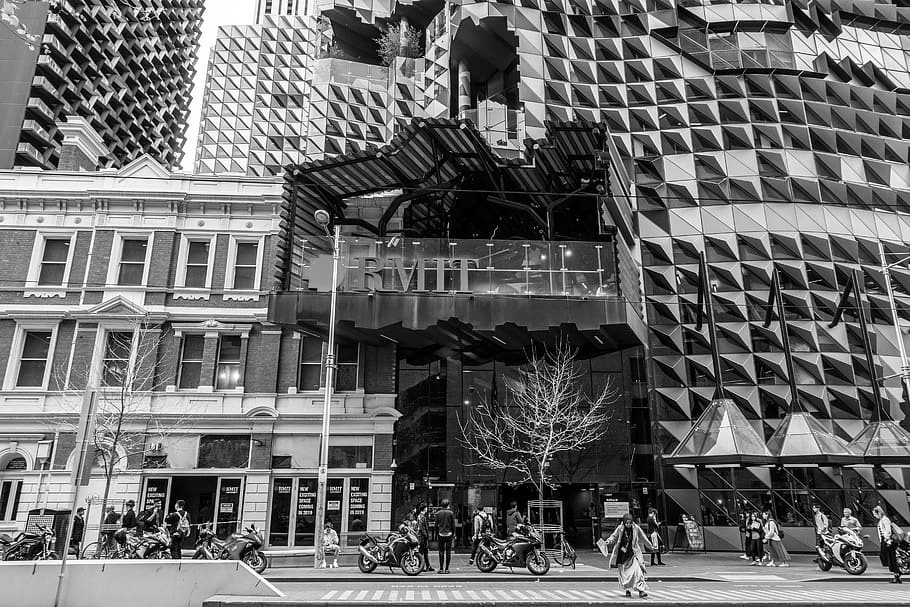
RMIT is a global university of technology, design and enterprise - world renowned for leading research and innovation programs, and for creating learning environments that support and coach students into ambitious job ready practitioners.
It has been our pleasure to collaborate with the RMIT team to bring this program to life with the support from:
College of Design & Social Context
RMIT's College of Design & Social Context brings together creative and practical study in the fields of design, technology and society.
Comprised of nine schools, the College encompasses a wide variety of disciplines of the built environment, education, media & communication, global & social studies and across all fields of art and design. It is this breadth of expertise and the shared commitment to addressing the most urgent challenges and opportunities of our time through interdisciplinary collaboration that gives the College its unique identity.

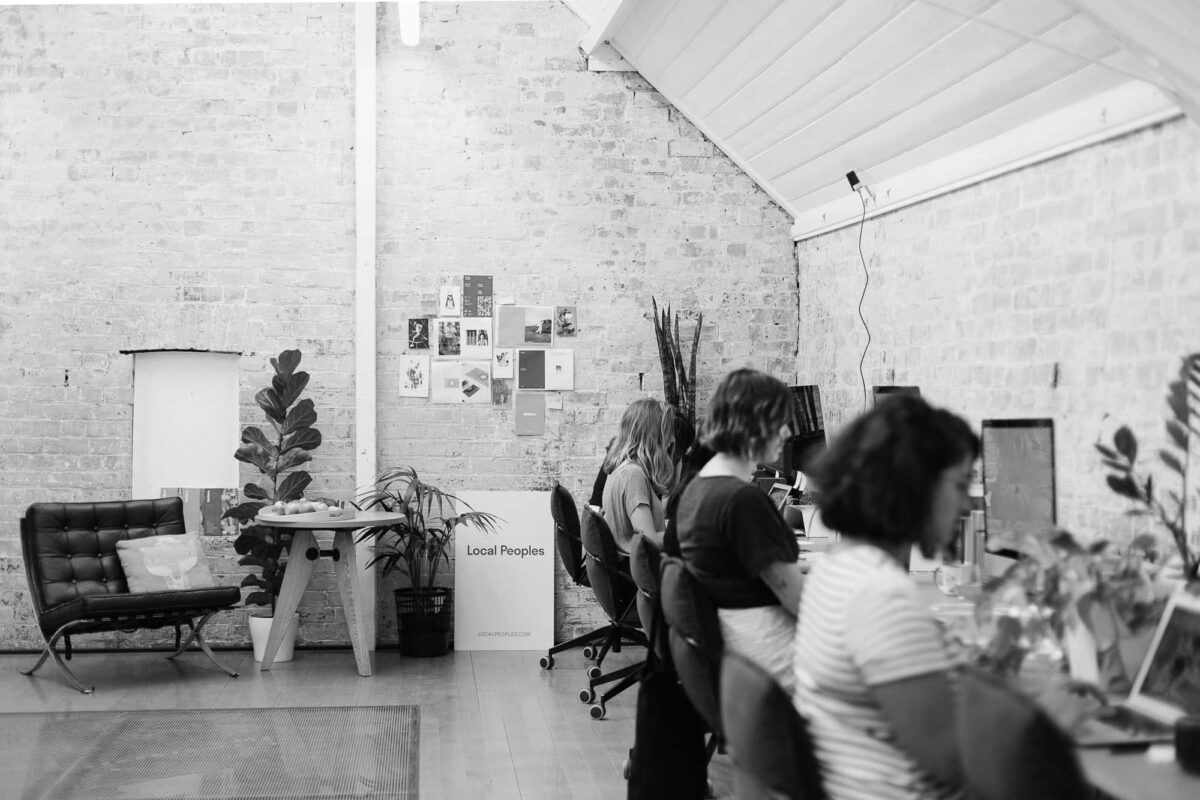
Local Peoples is a strategic co-design studio, using human-centred design (HCD) to add economic, social and environmental value to organisations and brands.
The team apply HCD methods to address Public Sector challenges, delivering value to government clients and citizens at scale.
Helping to co-design policy, services and products, both digital and for the real world, the Local Peoples purpose is to design healthy resilient and resourceful communities.
We are grateful for Local Peoples collaboration to bring this event to life.


RMIT's"Regenerative Futures" initiative focuses on developing solutions that go beyond sustainability to actively restore and revitalise social, economic, and environmental systems.
It emphasises integrating the needs of nature and society while creating positive, regenerative impacts through technologies and initiatives.
This approach is multi-disciplinary, involving various schools and research centres within RMIT, including the Post-Carbon Research Centre and RMIT Europe.




